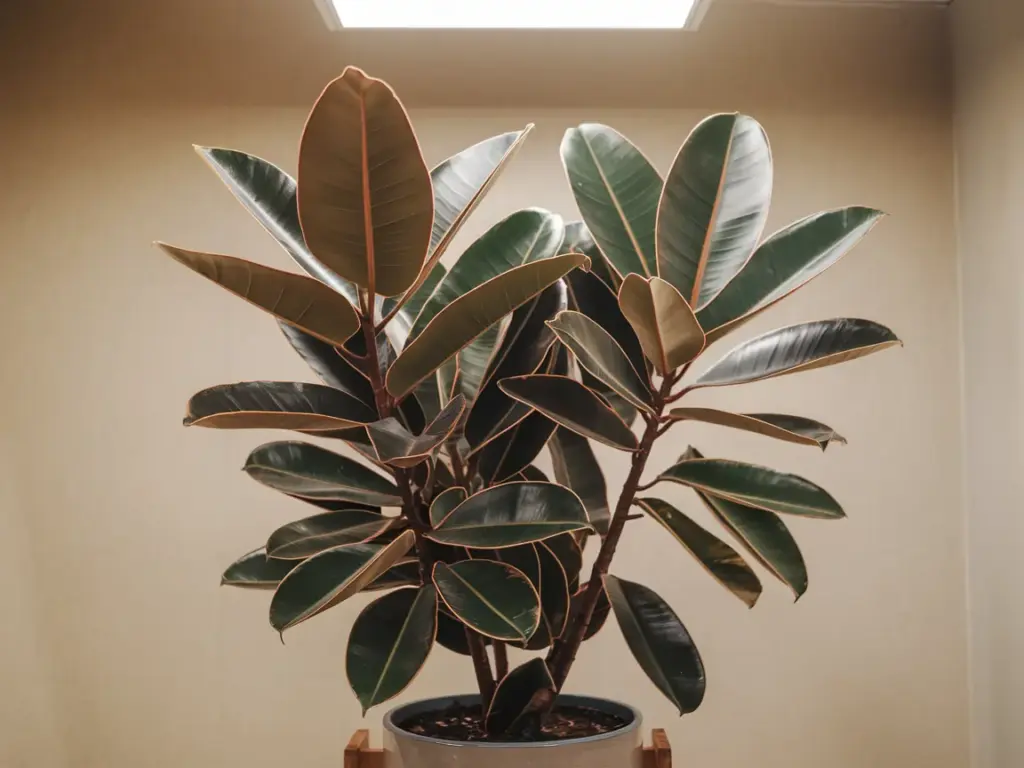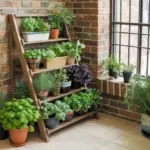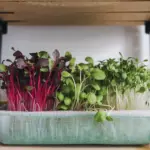6. Rubber Plant (Ficus Elastica): The Glossy Giant

Let me tell you about my love affair with the Rubber Plant. After killing my first one (we’ve all been there!), I cracked the code to growing these stunning beauties. Now my 7-foot specimen is the star of my home office, and visitors can’t believe it’s real because of those incredibly glossy leaves.
The Secret to Rapid Growth
Here’s something most people don’t know about Rubber Plants – they can be surprisingly fast growers when happy. Mine shot up nearly 2 feet in one growing season! The key to achieving this impressive growth rate lies in consistent care and optimal conditions. They can reach towering heights of 6-10 feet indoors, making them perfect for creating dramatic vertical impact.
Mastering the Light Game
Through trial and error, I’ve discovered the perfect lighting formula:
- Position near a bright window with filtered light
- Use sheer curtains to prevent direct sun
- Rotate plant quarterly for even growth
- Maintain at least 6 hours of bright indirect light
- Watch leaf color for light indicators
The Watering Balance
Let me share my foolproof watering method:
- Water thoroughly when top 2 inches feel dry
- Reduce watering by 50% in winter
- Use room temperature filtered water
- Empty drainage tray within 30 minutes
- Watch for drooping leaves (they’re telling you something!)
Leaf Care Secrets
Want to know how I get those mirror-like leaves? Here’s my special routine:
- Clean leaves monthly with a mixture of water and neem oil
- Support large leaves while cleaning
- Remove dust weekly with a microfiber cloth
- Maintain proper humidity levels (60%+)
- Prune carefully to encourage bushier growth
Understanding Growth Patterns
My experience has taught me some fascinating things about their growth habits:
- New leaves emerge from reddish sheaths
- Growth occurs in spurts
- Leaves darken with age
- Lower leaves naturally drop as plant matures
- Branching can be encouraged through strategic pruning
Troubleshooting Like a Pro
Here are some common issues I’ve faced and solved:
- Brown edges mean low humidity
- Yellow leaves indicate overwatering
- Leaf drop often follows relocation
- Leggy growth suggests insufficient light
- White spots might be mineral deposits from tap water
Pro tip: Want your Rubber Plant to branch out? Make a small notch above a leaf node during the growing season. I was nervous the first time, but now I have a gorgeously full plant with multiple growing points!
Seasonal Care Adjustments
I’ve learned that success comes from adapting care throughout the year:
- Spring: Increase watering gradually
- Summer: Maximum growth period
- Fall: Reduce fertilizer
- Winter: Minimal watering, no fertilizer
- Maintain consistent temperatures year-round
Ready to explore another tropical stunner? Click next to learn about the Bird of Paradise, my absolute favorite when it comes to creating that luxury resort vibe at home. Wait until you hear about my surprising discovery that completely transformed how these plants grow indoors – plus the exact method I use to encourage those magnificent leaves to unfurl perfectly every time!















GIPHY App Key not set. Please check settings